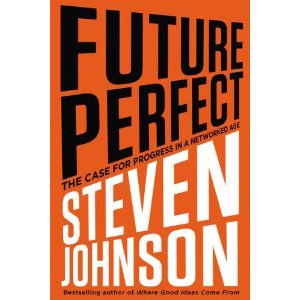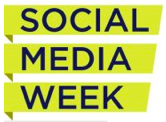PDM Events
Watch the Archive - The Rise of the "Peer Progressive"
NY Law School: September 24, 2012


Monday, Sept. 24 - 7:30p - NY Law School - #PDMPP
Is there a new political philosophy emerging from things like open source software development; massive community sharing hubs like Wikipedia, Kickstarter, and Reddit; peer-to-peer social networking; experiments in "Liquid Democracy," and the rapid spread of resource sharing tools like ZipCar, AirBnb and Car2go? Is it time to start talking about replacing the "welfare state" with the "partner state"?
On Monday September 24 at 7:30pm at the New York Law School, we're looking forward to exploring all those questions and more with noted author Steven Johnson, whose new book Future, Perfect is must-reading for people who believe in the power of open, collaborative peer-to-peer networking to achieve real social progress.

Johnson argues for a new breed of political beast: the "peer progressive." You may be one if you're wary of centralized control, whether that's in the hands of Big Government or Big Corporations or Big Labor, but you're not a free-market libertarian either because you believe that markets frequently fail to provide essential social goods. Peer progressives, Johnson argues, think the way the Internet itself works--nobody owns it, everyone can connect to it, anyone can improve on it--might offer a model for solving other problems. And they're struck by how voluntary associations that are organized non-hierarchically for non-financial goals like love, or social solidarity, or a shared passion (like Wikipedia) can scale to the size of millions of participants.
Additional speakers contributing to the conversation include:
- Beth Noveck, NY Law School Professor, the first United States Deputy Chief Technology Officer, founder and director of the White House Open Government Initiative, and author of Wiki Government: How Technology Can Make Government Better, Democracy Stronger, and Citizens More Powerful
- Tina Rosenberg, co-writer of the Fixes column at the New York Times online, and author of Join the Club: How Peer Pressure Can Transform the World and the e-book D for Deception
- Clay Shirky, NYU Professor of Interactive Telecommunications, and author of three books on social media: Cognitive Surplus (2010), Here Comes Everybody (2008), and Voices from the Net (1994)
Moderated by Micah L. Sifry, PDM co-founder and editorial director.

